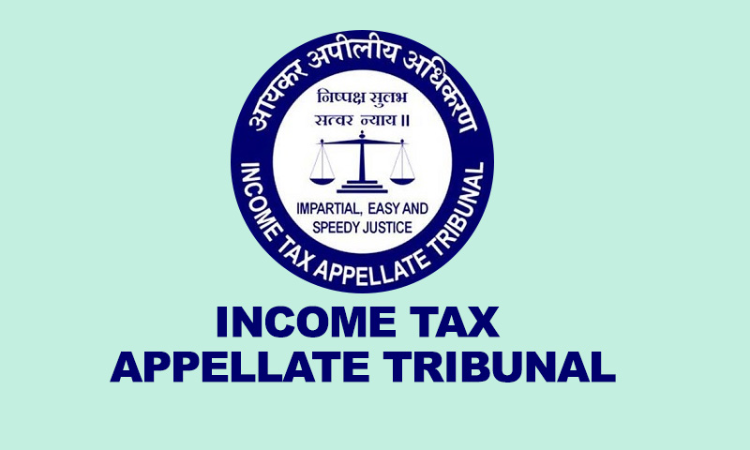The Mumbai Bench of the Income Tax Appellate Tribunal (ITAT) has allowed the deduction under Section 54F of the Income Tax Act on the grounds that the assessee is not the exclusive owner of multiple residential properties occupied by other family members.The bench of Kavitha Rajagopal (Judicial Member) and Om Prakash Kant (Accountant Member) has observed that the joint ownership of the...

